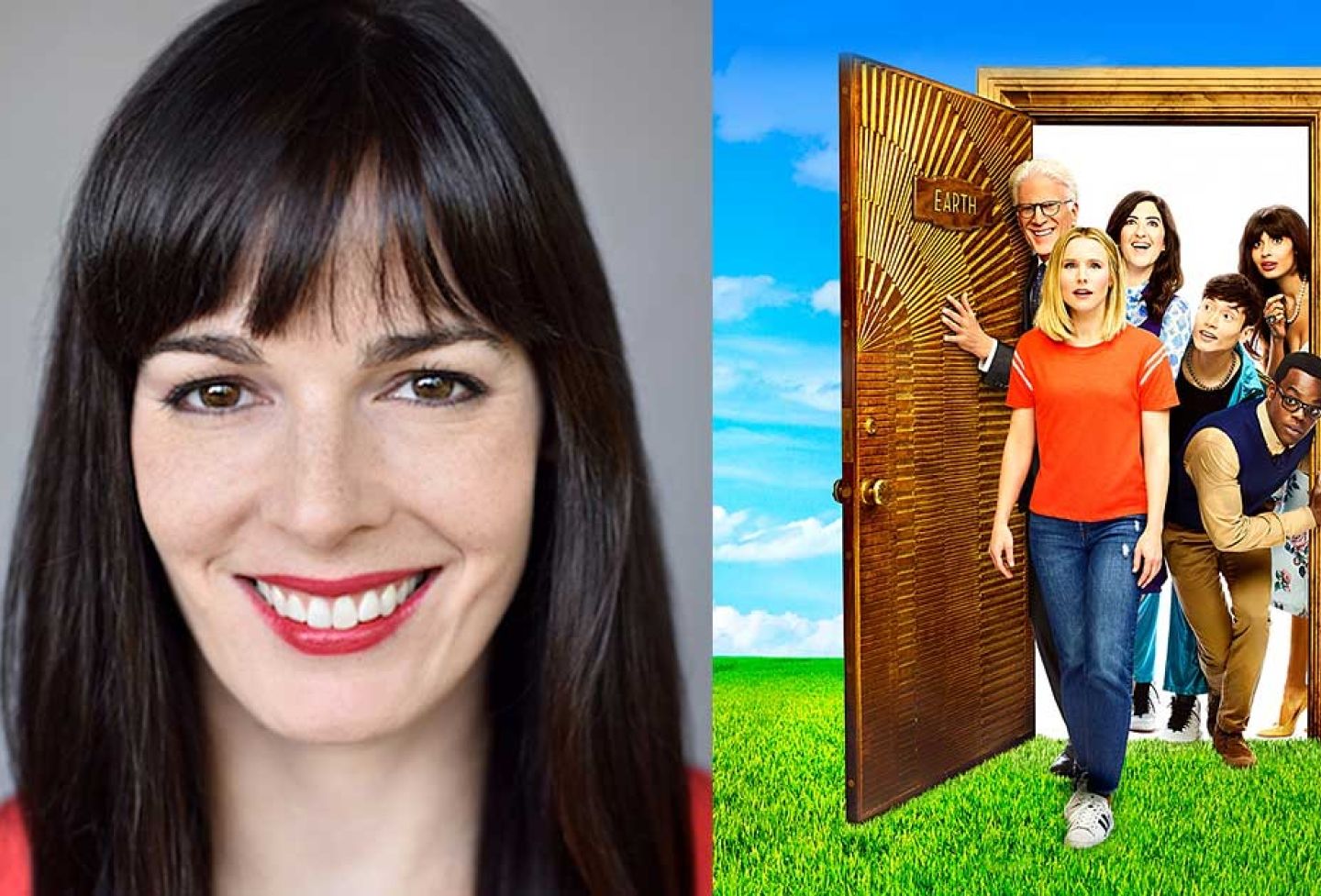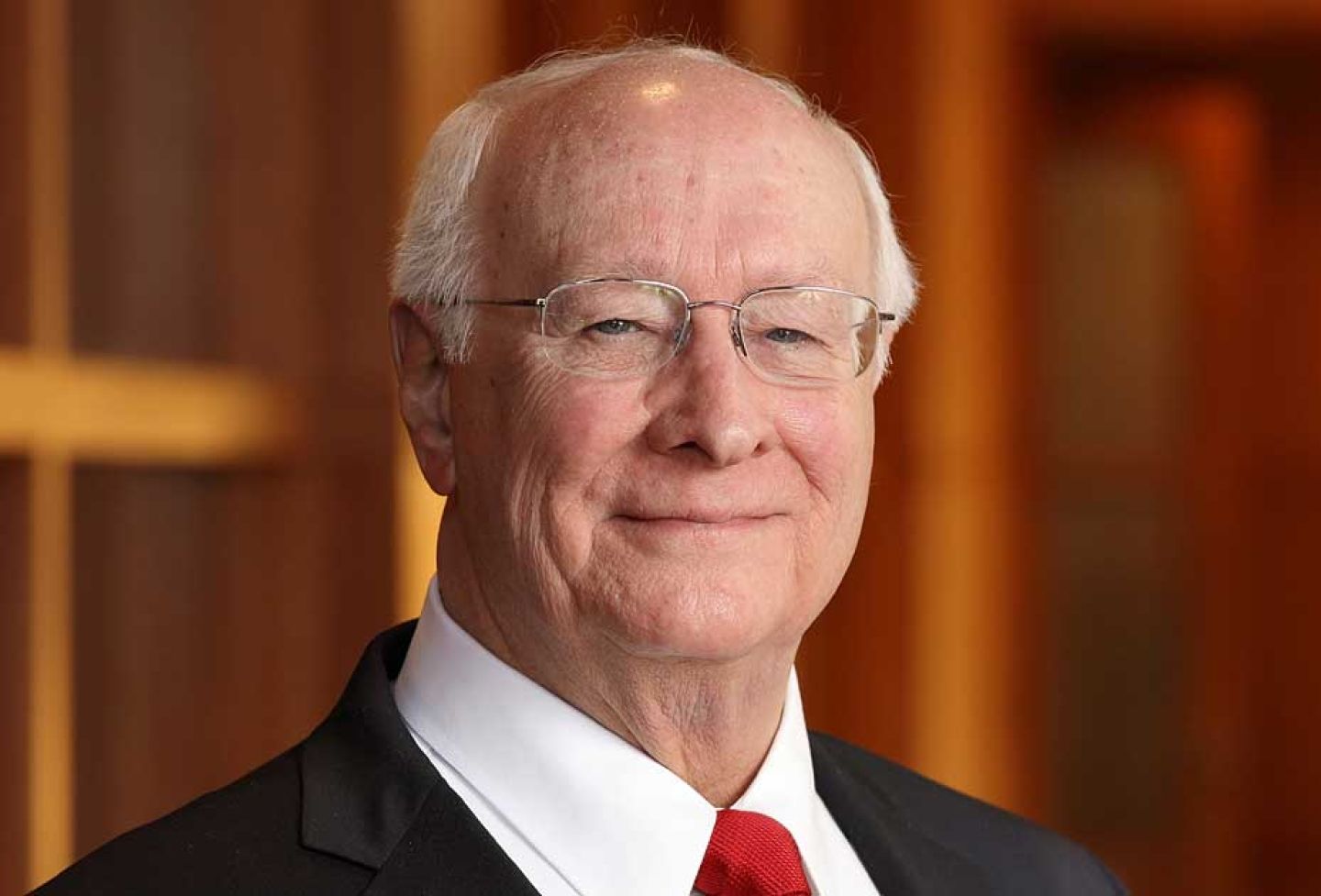Many books have been written about the threat of climate change. In “Building a Resilient Tomorrow: How to Prepare for the Coming Climate Disruption,” Alice Hill ’83 and co-author Leonardo Martinez-Diaz offer an approach that they believe is unique: a comprehensive survey of the effects of global warming that are already underway, along with detailed policy suggestions for what to do about them.
Hill is a senior fellow for climate change policy at the Council on Foreign Relations and formerly a fellow at the Hoover Institution. During the Obama administration, she worked as a senior counselor to Department of Homeland Security Secretary Janet Napolitano ’83 (her UVA classmate and former moot court partner), and later moved to the National Security Council, where she helped develop policy for anticipating and responding to natural disasters, including climate change. Prior to that, Hill was an assistant U.S. attorney and a municipal and superior court judge in Los Angeles.
It was Hill's work in Washington, though, that inspired her book.
“I just realized, as I worked on the impact of climate change, that an enormous amount of risk is accumulating and most people aren’t aware of it, but there are things we can do to have much better outcomes,” she said. “Unless we have policymakers who understand what the risks are and what their choices are, we aren’t going to make much progress.”
The book addresses the threats that climate change poses on several fronts, including the law, the economy, national security, migration, public health and even building construction. Although it is not too late to mitigate the effects of a changing climate, Hill believes that many of the outcomes are already irreversible. That requires new ways of thinking about the problem.
“With climate change,” she said, “the past is no longer a sound guide to what our future will involve.”
One thing Hill tried to do in the book was present successful approaches taken by other countries, in the hope that American policymakers could learn from them. After an extreme heat wave in 2003, for example, French officials developed a system for contacting the elderly and homebound to ensure that they are safe.
“Everybody’s essentially faced with similar problems,” Hill said. “They’re being asked to reinvent the wheel, but there is some great work that has been done, so you could have a much better wheel if you can benefit from what they’ve learned along the way.”



